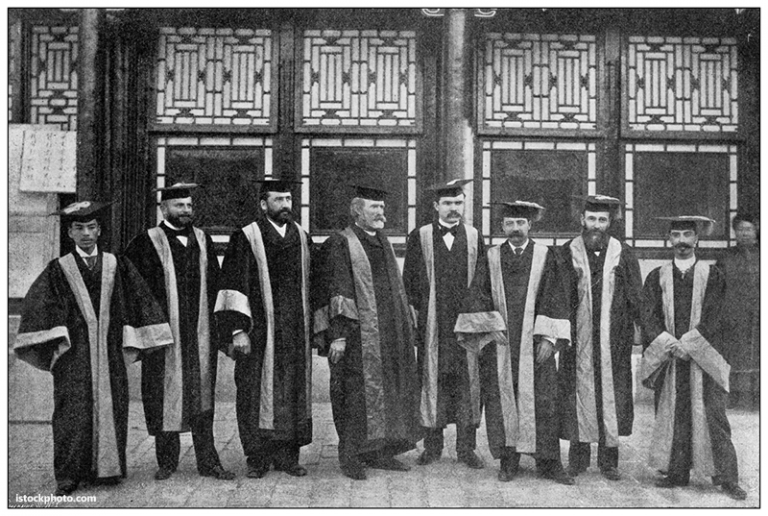Elitism in Higher Education

Many factors cause elitism in higher education. Prestige is rewarded by exclusivity. National rankings of universities favor high admissions rejection rates, high spending per student and high percentages of alumni giving. These perspectives cause some schools to manage admissions “yield,”…
